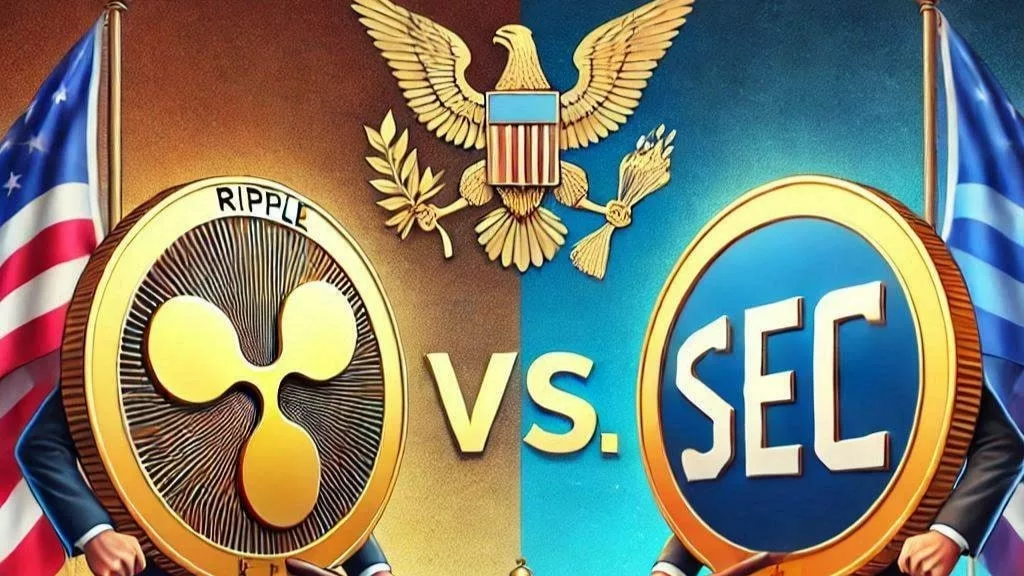
The ongoing legal battle between Ripple and the U.S. Securities and Exchange Commission (SEC) has had profound implications for Ripple and the wider cryptocurrency market. Attorney and XRP supporter John Deaton recently highlighted the significant damage caused to Ripple’s business due to the lawsuit and revealed the complex interplay of industry leaders, competitors, and regulatory forces that have shaped this high-stakes conflict.
In 2012, when Ripple’s founders created XRP, the global payments market was ripe for innovation, and stablecoins had not yet emerged. Ripple faced a strategic decision: focus on smart contracts or cross-border payments. Ultimately, Ripple chose the latter, aiming to revolutionize the international payments landscape. This decision seemed logical given the vast market potential and the absence of stablecoins at the time.
By 2019, Ripple’s efforts were paying off. Major cryptocurrency exchange Coinbase listed XRP, promoting it as a fast and cost-effective solution for international money transfers. Later that year, MoneyGram began utilizing XRP for its transfer services, further validating Ripple’s business model. However, this momentum was abruptly halted in December 2020 when the SEC filed a lawsuit against Ripple, alleging that XRP was an unregistered security.
The lawsuit had immediate and far-reaching consequences. Coinbase delisted XRP, and MoneyGram switched to using Stellar’s XLM instead. John Deaton questions whether there is a substantial legal difference between using XRP or XLM for payments, especially since Jed McCaleb, a co-founder of Ripple, also founded Stellar. Deaton argues that the SEC’s case is overly broad and notes significant conflicts of interest among those pushing for the lawsuit.
Deaton highlights troubling connections, pointing out that many individuals advocating for the case against Ripple later took positions with Ripple’s competitors. “When you look at the circumstances surrounding how this case was filed, including the massive conflicts of interest, and the fact that people behind the lawsuit went on to help or work for competitors of Ripple/XRP, you don’t have to be a fan to call it out,” Deaton asserts.
The legal battle has continued to evolve, significantly impacting XRP’s market presence. A pivotal moment occurred on July 13, 2023, when Judge Analisa Torres ruled that XRP is not a security, marking a crucial regulatory decision in the crypto industry. However, the SEC appealed this ruling on October 17, challenging parts of the decision. The next significant milestone is January 15, 2025, when the SEC is required to submit its opening brief, keeping the case in the spotlight.
The SEC’s lawsuit against Ripple has not only affected Ripple’s business but also revealed the intricate dynamics between regulatory bodies, industry leaders, and competitors. As the legal saga continues, the outcome will likely have lasting implications for the broader cryptocurrency market. Investors and industry participants should stay informed about the developments in this landmark case, which underscores the complex and often contentious relationship between innovation and regulation in the fast-evolving world of digital assets.

Get the latest Crypto & Blockchain News in your inbox.